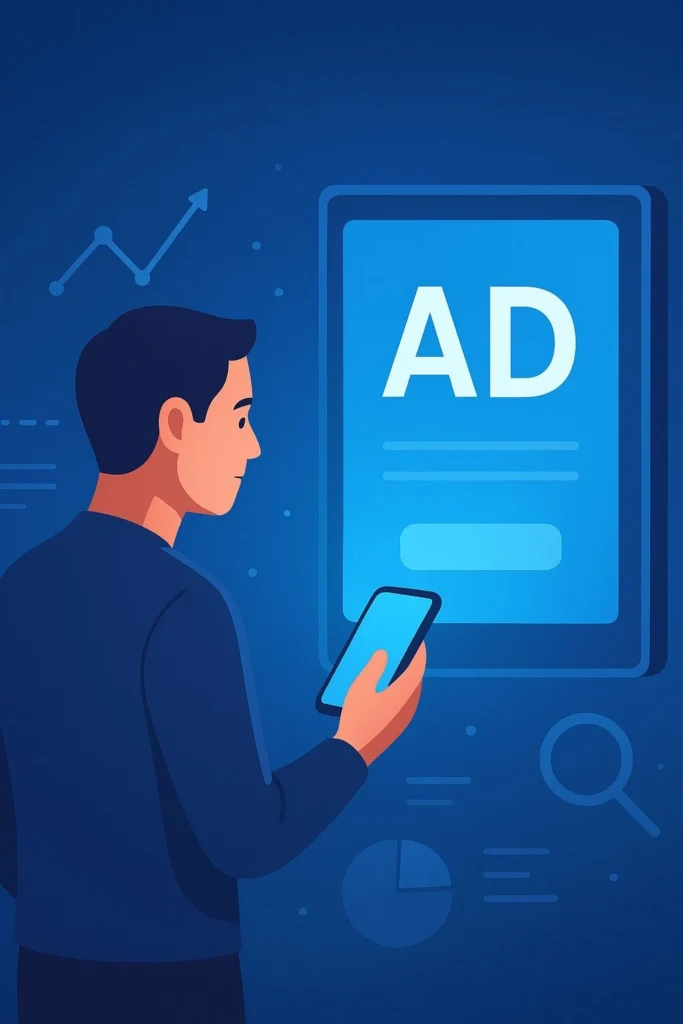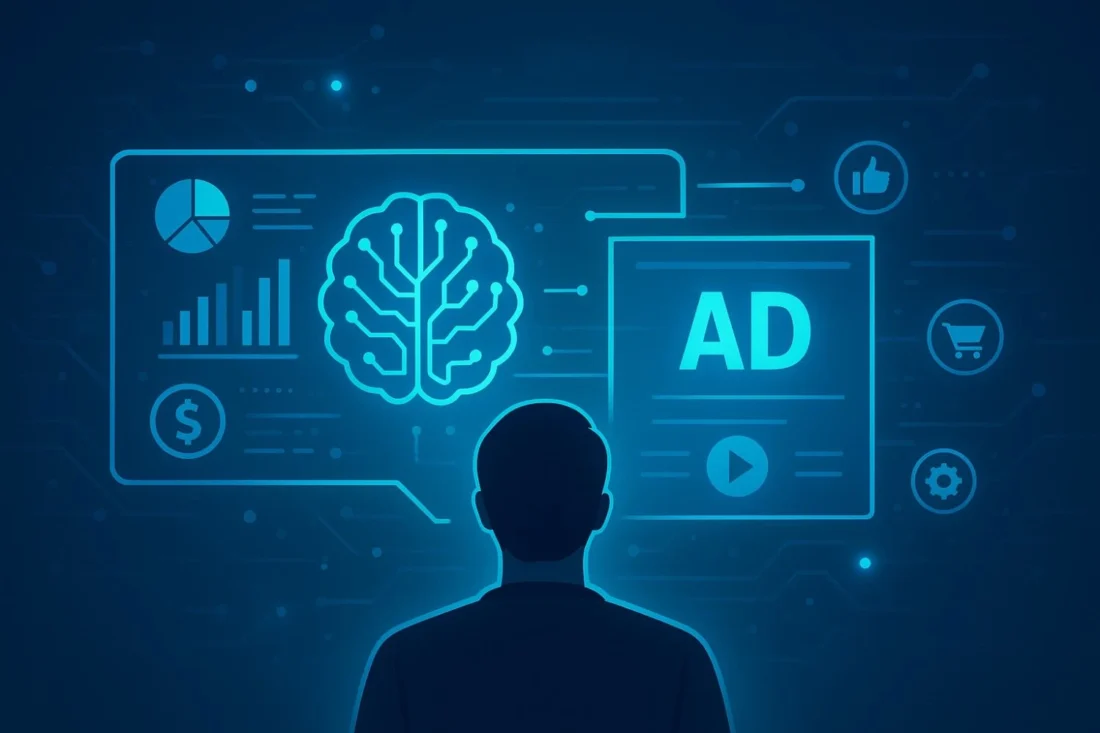Picture this: you’re casually looking over your social media late at night when an advert shows up that feels uncannily recognizable. The colours coordinate your closet, the soundtrack echoes the music you’ve been circling all week, and the tone of the message sounds precisely like something you would say.
This isn’t sci-fi—this is the rising reality of AI-driven advertising.
How AI Is Unobtrusively Revamping the Showcasing Playbook
Marketing agencies are already experimenting with advanced language models to analyze people’s online behavior and personality cues. One example is Cheil UK, which has been partnering with a startup called Spotlight. Their systems assess public posts, search activity, and even the kinds of prompts people type into tools like ChatGPT to build a psychological snapshot of each individual.
Based on those insights, the AI can automatically adjust an advert’s tone of voice, word choice, and pacing:
- tone of voice
- word choice and pacing
- color palettes
- music or sound design
This goes far beyond traditional demographic targeting. Instead of grouping consumers into broad segments—like age or location—the technology aims to tailor content to each specific person.
Retailers, insurers, electronics brands, and banks are already deploying these tools to craft personalized ads for millions of online shoppers. The goal is simple: show every user something uniquely designed for them.
What AI Learns About You
These systems pull information from public digital trails: Instagram posts, Facebook activity, Reddit comments, search histories, and more. Combined with the usual demographic data advertisers already access—such as region, age range, or interests—AI builds a much deeper profile.
That’s why the items you browse or the trips you research seem to “follow you” across the internet. Now, AI is taking that one step further by rewriting the ads in a style that fits the personality it thinks you have—introverted or outgoing, direct or playful, bold or calm.
Chris Camacho, CEO of Cheil UK, says the shift marks a move toward emotional and psychological targeting. Instead of just knowing your age or location, AI can make assumptions about your mood, mindset, and even life circumstances based on your digital behavior.

Do Personalized AI Ads Actually Work?
A US research team tested this idea by promoting an iPhone using ad copy generated by ChatGPT. The text was customized to match participants’ personality ratings—and the personalized version proved more persuasive than a generic advert. Interestingly, people didn’t mind that the message was written by AI.
Jacob Teeny of Northwestern University, who led the study, believes this approach is still developing but likely to become the norm across the advertising industry.
Brands also view hyper-personalization as a solution to “ad wastage”—the billions spent every year on digital content that people simply never notice.
But Is Hyper-Personalization Going Too Far?
Not everyone in the industry is convinced.
AI consultant Alex Calder argues that ultra-specific ads, seen by only one person, aren’t always effective:
Creating an advert tailor-made for a single viewer might feel innovative, but it doesn’t guarantee impact—and it risks becoming forgettable ‘creepy slop.’
Others worry about privacy, transparency, and public acceptance. Ivan Mato from brand consultancy Elmwood says many consumers are already uneasy about how much data companies collect, and AI-driven profiling pushes those concerns even further.
The bigger question, he argues, isn’t whether brands can personalize everything—but whether they should.
The Ethical Grey Area
Even companies experimenting with the technology acknowledge its risks. Cheil’s Chris Camacho warns that AI can be misused, especially in areas like political messaging or voter influence.
However, he believes responsible agencies can leverage AI to strengthen, not exploit, the relationship between brands and people:
“We don’t need to make ads creepy. Used ethically, AI can help brands communicate more meaningfully—not manipulate.”



